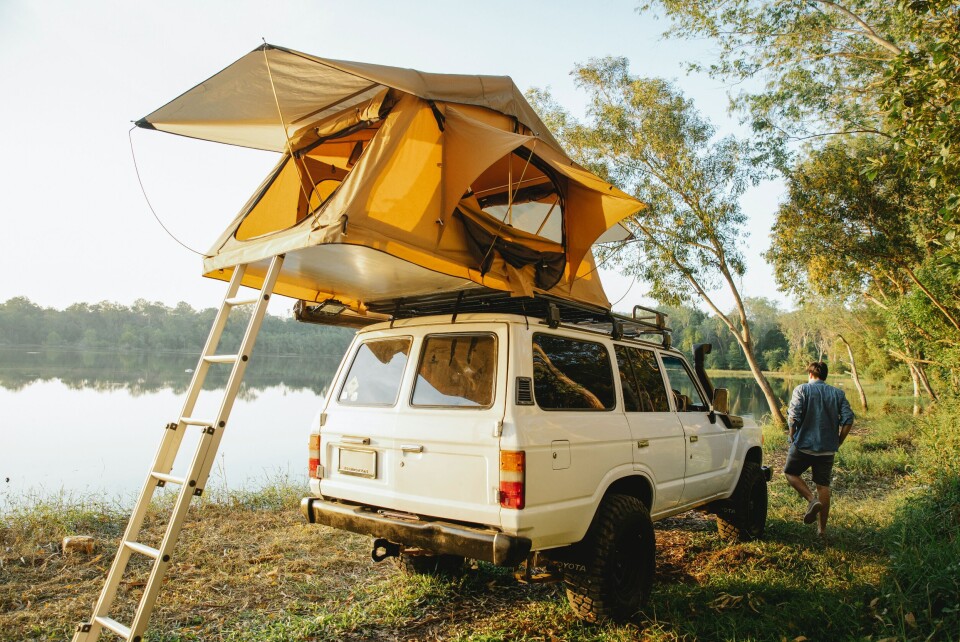-
Further sightings of processionary caterpillars in France prompt action from local authorities
Caterpillars have arrived early after mild winter
-
From Oregon to Brittany: primrose nursery in France celebrates 90th anniversary
Barnhaven Primroses traces its history back to 1930s America
-
Campervans are new target for thefts in France
Hybrid SUVs were also among the vehicles more at risk, a new study shows
These are the rules for wild camping in France
Whilst wild camping is legal in France, it is strongly regulated and campers should follow certain rules

Camping is hugely popular in France, including ‘wild camping’ where you pitch a tent where you end up, rather than at an official campsite. However, while legal in France, it is strongly regulated.
Wild campers must be respectful of any neighbours, be quiet, leave the area clean and tidy, and – if they have, or plan to have, a campfire or barbecue – understand local rules on fire safety.
There are also rules banning wild camping in the following places:
- on sea shores or sites registered (or being registered) by the Ministry of Culture due to their historic, artistic, scientific, legendary or picturesque character;
- on public roads or paths;
- within 500m of heritage sites (woods, forests, reserves), or historic monuments;
- within 200m of water points for consumption.
Penalties for ignoring the rules include a fine of up to €1,500 – but the amount may be adjusted based on a number of factors, including, but not limited to, noise, campfires and littering of the area and any environmental damage caused.
























